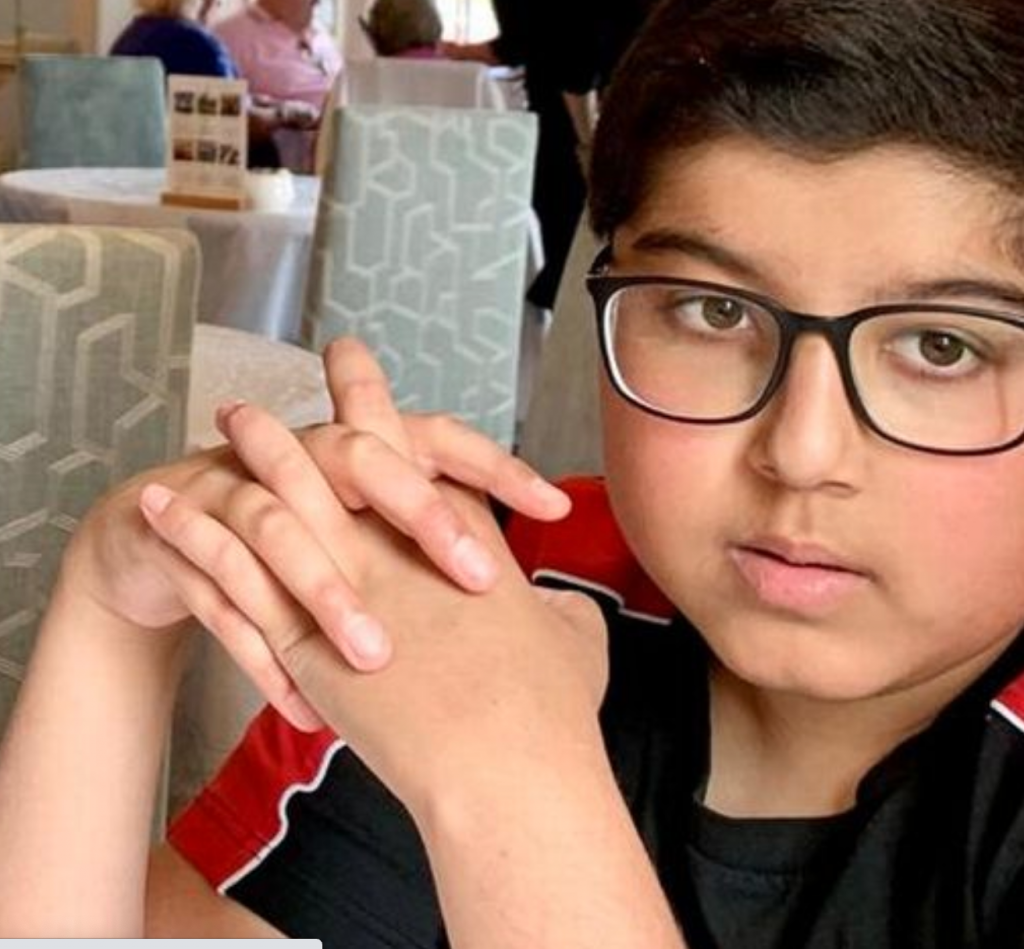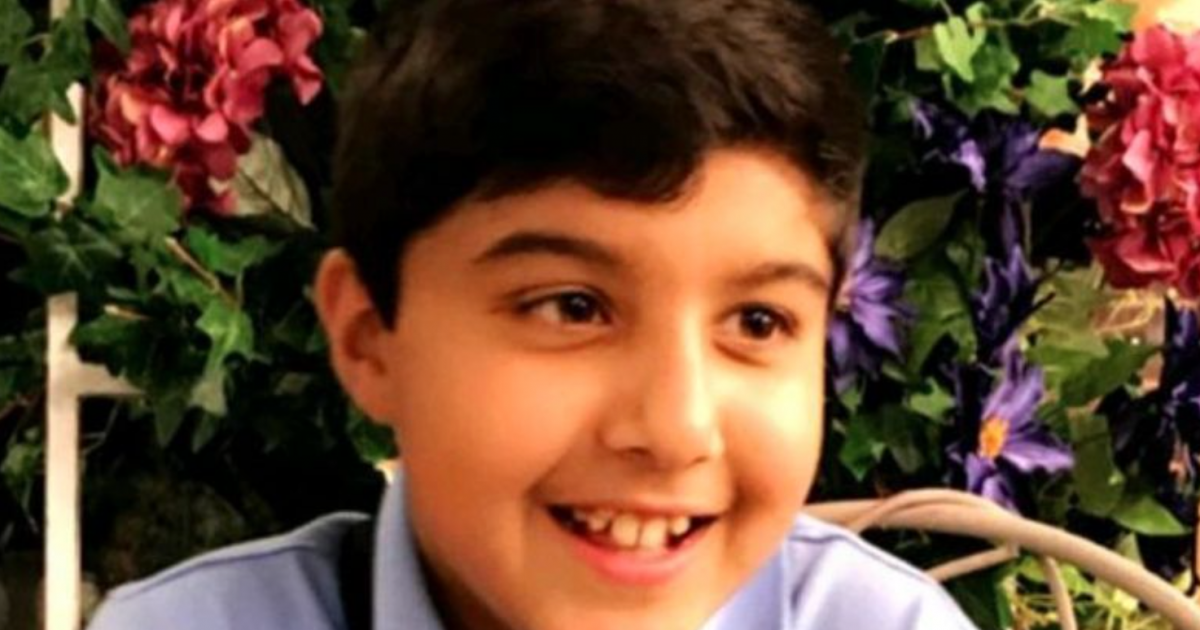Advocating for Her Child's Health
- Yusuf Ali, 14, has been fighting leukemia for three years, and will hopefully finish treatment in December. Though it’s been a tough fight for the once-active pre-teen, he is lucky his mother acted fast and helped find his diagnosis.
- The teen’s mom, Tansneem Ali, 41, thankfully recognized that her 11-year-old son’s symptoms could be serious and had immediately performed a blood test at home. He was then diagnosed at the hospital with acute lymphoblastic leukemia.
- If you or your child are experiencing strange symptoms, don’t wait to go in and get checked. And if you ever feel as if you’re not being heard, go to a different doctor or facility. In this case, do not exercise patience, and make sure you get seen as soon as possible.
Tansneem Ali, 41, a general practitioner from Leicester, England, thankfully recognized that her 11-year-old son’s symptoms could be serious and had immediately performed a blood test at home.
Read MoreSince the aggressive blood cancer diagnosis, Yusuf has been unable to go to school regularly.

“This is my first child, and he’s such a good boy. He was like the ‘dream child’ as he’d never had any issues with his health,” Tasneem said.
Yusuf’s Leukemia Diagnosis
The Leicester, England-based mom said that Yusuf had suddenly been getting “really fussy” with eating, which was odd, especially when the little boy said that he felt so full that he got sick, but he hadn’t eaten any food.
“He had a little bit of congestion and nausea but apart from that it was nothing,” she said. The doctor that she initially brought her son to said there was “nothing wrong” with him and that he was “absolutely fine,” but Tasneem knew better.
“He’s been very strong and it’s amazing how resilient he is. If he has a cold he ends up in hospitalbut he just gets on with it. It’s a very difficult and unpredictable journey.”
It was acute lymphoblastic leukaemia, which specifically affects the white blood cells.
“It’s one of the most common types of blood cancer in children and it’s very aggressive,” Tasneem explained. “If it’s not caught in time it can be very dangerous.
Yusuf has been on chemotherapy for an entire three years now, and it has been treacherous for the family to see.
“His body is now so tired from the treatment and he’s not tolerating it very well,” Tasneem said. “He’s on such a high dose of steroids; I’m a GP and I haven’t seen these doses prescribed to adults, apart from people with brain tumours.”
The family is staying optimistic that he will be in remission by next year.
What is Acute Lymphoblastic Leukemia?
In general, acute lymphoblastic leukemia (ALL) is a type of cancer of the blood and bone marrow, but there's so much more to know about disease.
Dr. Nina Shah, hematologist at UCSF, summarizes blood cancers by explaining, "One cell got really selfish and decided that it needed to take up all the resources of everybody else, and in doing so, took up space and energy from the rest of the body.”
Having a blood cancer means that your bone marrow is not functioning correctly. “And when your bone marrow doesn’t function correctly it means that you can have something happen to you like anemia,” Dr. Shah added.
Learning About Acute Lymphoblastic Leukemia (ALL)
Dr. Olalekan Oluwole, a hematologist with Vanderbilt University Medical Center, recently sat down with SurvivorNet to specifically talk about ALL, how it affects the body, and the type of treatments that work to fight it.
"ALL is a type of cancer that is very aggressive," Dr. Oluwole told SurvivorNet. "It grows very fast. Within a few weeks, a few months, the person will start to feel very sick. And that's why we will have to give it an equally aggressive type of treatment to break that cycle."
He says many times the leukemia is rested in the bone marrow, and because it is an abnormal growth, it just keeps dividing.
What is a Blood CancerHow is it Different?
"It doesn't follow rules, and it doesn't stop," he told SurvivorNet. "Not only that, because this is part of the immune system, the immune system is sorta like the police of the body. So those abnormal cells that have now become cancer, they have the ability to go to many places. They go into the blood, and they often go into the tissue or the lining around the brain."
"By the time somebody comes to us and they have ALL we already assume that it has gone everywhere in the body, and we have to treat them like that," Dr. Oluwole says, which is why Yusuf was immediately fast-tracked into treatment.
If you or your child are experiencing strange symptoms, don’t wait to go in and get checked. And if you ever feel as if you’re not being heard, go to a different doctor or facility. In this case, do not exercise patience, and make sure you get seen as soon as possible.
Learn more about SurvivorNet's rigorous medical review process.

